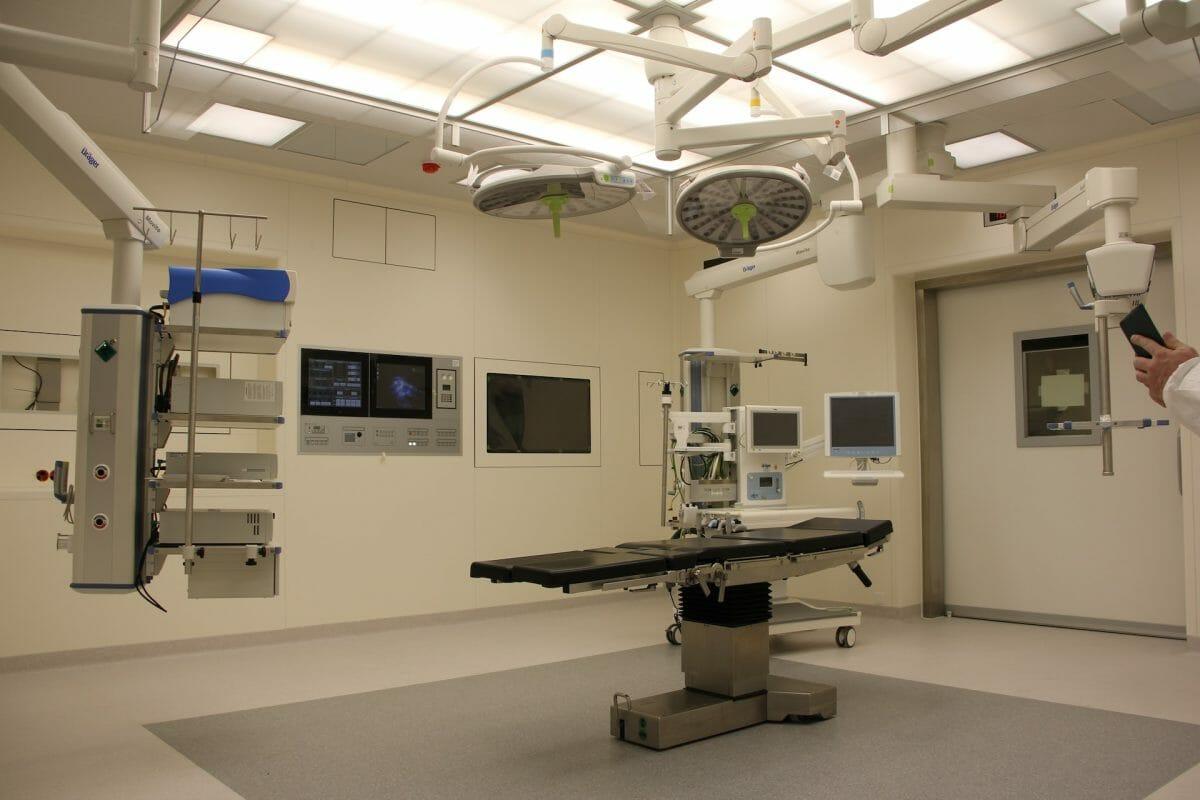Medical materials play a vital role in the medical sector. But like anything else, handling these items requires knowledge and experience to do it safely and successfully. Medical professionals must understand how best to use and care for these supplies—from surgical instruments to life-saving medications—to ensure patient safety and peace of mind. Today’s blog post will discuss some of the most effective tips for handling medical material like a pro.
1. Follow Proper Hand Hygiene Procedures
As we navigate these uncertain times, prioritizing proper hand hygiene procedures is more important than ever. This is especially true for handling pharmaceutical material, which requires strict cleanliness standards. Typically, most pharmaceutical products are shipped and stored with GMA wooden pallets.
Whether you are a medical professional or simply helping out at a clinic or hospital, it is crucial to always wash your hands thoroughly with soap and water or use an alcohol-based hand sanitizer before and after coming into contact with medical materials. These small actions can greatly prevent the spread of harmful germs and keep yourself and those around you safe and healthy.
2. Wear Personal Protective Equipment (PPE)
In the healthcare industry, safety is always a top priority. And one essential way to maintain a safe environment is wearing personal protective equipment (PPE). When handling medical materials, protecting yourself from any potential hazards or infections is crucial. Whether it’s gloves, gowns, masks, or eye protection, each piece of PPE serves a unique purpose.
Not only does it protect you from exposure to harmful materials, but it also prevents the spread of infections. By taking the time to wear appropriate protective gear, you are ensuring your own safety and that of your patients and colleagues. So, make wearing PPE the norm and keep everyone safe.
3. Use Proper Storage
Proper storage of medical materials is critical to ensure their effectiveness, safety, and longevity. Whether it’s medication, laboratory samples, or medical equipment, following the manufacturer’s storage instructions and guidelines is essential. Medical supplies should be kept clean, dry, and secure to protect them from contamination or damage.
Proper organization and labeling are also crucial to ensure that medical practitioners can easily locate what they need when they need it. By following these basic storage tips, healthcare providers can ensure that medical materials are always readily available and in good condition for their patients’ needs.
4. Handle Materials with Care
These items are often delicate and can be easily damaged, compromising their effectiveness, safety, and ability to keep patients healthy. As a result, it’s essential to handle these materials with care and attention to detail at all times. Whether you’re working with surgical instruments, medication, or other medical products, you should take extra care to avoid dropping or crushing them.
Additionally, it would help to be mindful of which parts of the material will contact patients or sterile areas and avoid touching them wherever possible. By taking these precautions, you can help to ensure that medical materials are used effectively and safely, providing the best possible care to those who need it.
5. Dispose of Materials Properly
When it comes to medical materials, disposing of them properly can mean the difference between a safe and healthy environment and one that is contaminated and dangerous. Whether it’s expired medication or contaminated gloves, following the guidelines provided by your healthcare facility to guarantee proper disposal is essential. This is crucial for maintaining hygiene and cleanliness and protecting the public and the environment.
Always dispose of medical materials in the appropriate waste bin or container, and feel free to ask a healthcare provider if you need help with how to do so. Taking the time to dispose of these items properly not only benefits you and those around you, but it’s also the responsible thing to do.
6. Keep Up-to-Date with Safety Protocols
In any industry, safety should always be a top priority. This is particularly important in medicine, where mishandling materials can have serious consequences. As new tools and materials are introduced, safety protocols can change, and it’s essential to keep up-to-date with the latest guidelines.
Attending training sessions and reading reputable sources can help you safely and professionally handle medical materials. Staying informed can prevent accidents and injuries and promote confidence and peace of mind for medical professionals and their patients. So make a conscious effort to stay updated on safety protocols and commit to working in a safe environment.
Medical materials play a critical role in the healthcare industry, and handling them with care and respect is essential. From wearing proper PPE to disposing of materials properly, following these guidelines can help ensure medical practitioners provide the best possible care for their patients. Taking the time to stay up-to-date on safety protocols and storage instructions can go a long way in keeping everyone safe and healthy.
